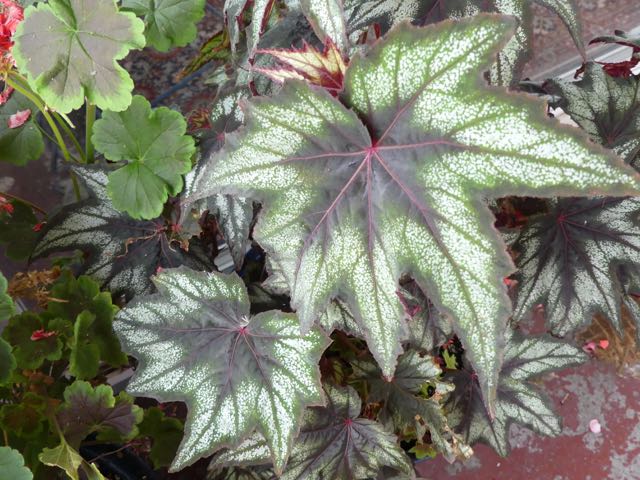The great Irish teacher John Scotus Eriugena taught that God speaks to us through two books. One is the little book, he says, the book of scripture, physically little. The other is the big book, the book of creation, vast as the universe….
Eriugena invites us to listen to the two books in stereo, to listen to the strains of the human heart in scripture and to discern within them the sound of God and to listen to the murmurings and thunders of creation and to know within them the music of God’s Being. To listen to the one without the other is to only half listen. To listen to scripture without creation is to lose the cosmic vastness of the song. To listen to creation without scripture is to lose the personal intimacy of the voice… In the Celtic world, both texts are read in the company of Christ.
J Philip Newell in Christ of the Celts
There is within Celtic Christianity a deep appreciation of the natural world that grew out of the belief that all creation was birthed not out of a void of nothingness but out of the substance of God. Creation is translucent, the glory of God shines through it.
What is your response?
What difference would it make if we viewed everything as a translucent curtain through which the glory of God shines? Grab your journal or a sheet of blank paper, a coloured crayon or pencil and a pen and head out into your closest green space. Look around. What immediately catches your attention? Perhaps it is a rock of a certain shape, or a leaf of a special colour. It might even be a weed that you want to pull out! In what ways does the glory of God shine through it? Take a few moments to pay attention to the object and reflect on it in your journal.
This view of the earth is so important. How we view God’s creation reflects our attitude towards it. If we believe this world is just a place to build our houses, drive our cars and dig for oil we will have a very utilitarian attitude towards it, with little respect or concern for its preservation. If we believe that it was created from the substance of God and reflects the glory of God, we see it as sacred, a beautiful tribute to the God who created it and loves it. It is to be reverenced (not worshipped) cared for and protected.
It is not only the Celts who were aware of the beauty of God shining through creation. The Hebrews too were aware of this as is expressed in the following responsive prayer from Psalm 65. This prayer is part of this longer litany for creation.
God you call forth songs of joy from all the earth
You answer us with awesome deeds of righteousness,
God our Saviour you are the hope of all the ends of the earth
You are the hope of the farthest seas,
When morning dawns and evening fades
You call forth songs of joy
God you call forth songs of joy from all the earth
You care for the land and water it;
You enrich it abundantly.
The streams of God are filled with water
To provide the people with grain,
For so you have ordained it.
God you call forth songs of joy from all the earth
You drench its furrows and level its ridges;
You soften it with showers and bless its crops.
You crown the year with your bounty,
And your carts overflow with abundance.
God you call forth songs of joy from all the earth
The grasslands of the deserts overflow;
The hills are clothed with gladness.
The meadows are covered with flocks
And the valleys are mantled with grain;
They shout for joy and sing
God you call forth songs of joy from all the earth
What is your response?
Pick up a leaf. Place it behind the next clean sheet of paper in your journal and make a rubbing of the leaf with your coloured pencil. Be gentle but press hard enough that you begin to see the outline of your leaf’s shape and its stem and veins. Take time to study your leaf closely. Smell it, rub your fingers across its surface. Touch it to your skin.
Next to your rubbing reflect on the following thoughts: What does this leaf tell you about the God who created it? What does it tell you about yourself as a created being? Your thoughts may have come together into a prayer or poem. Write that down too.
Now read through the prayer above several times. What other thoughts come to mind? Are there ways that God is prompting you to show your respect for creation in new ways?


